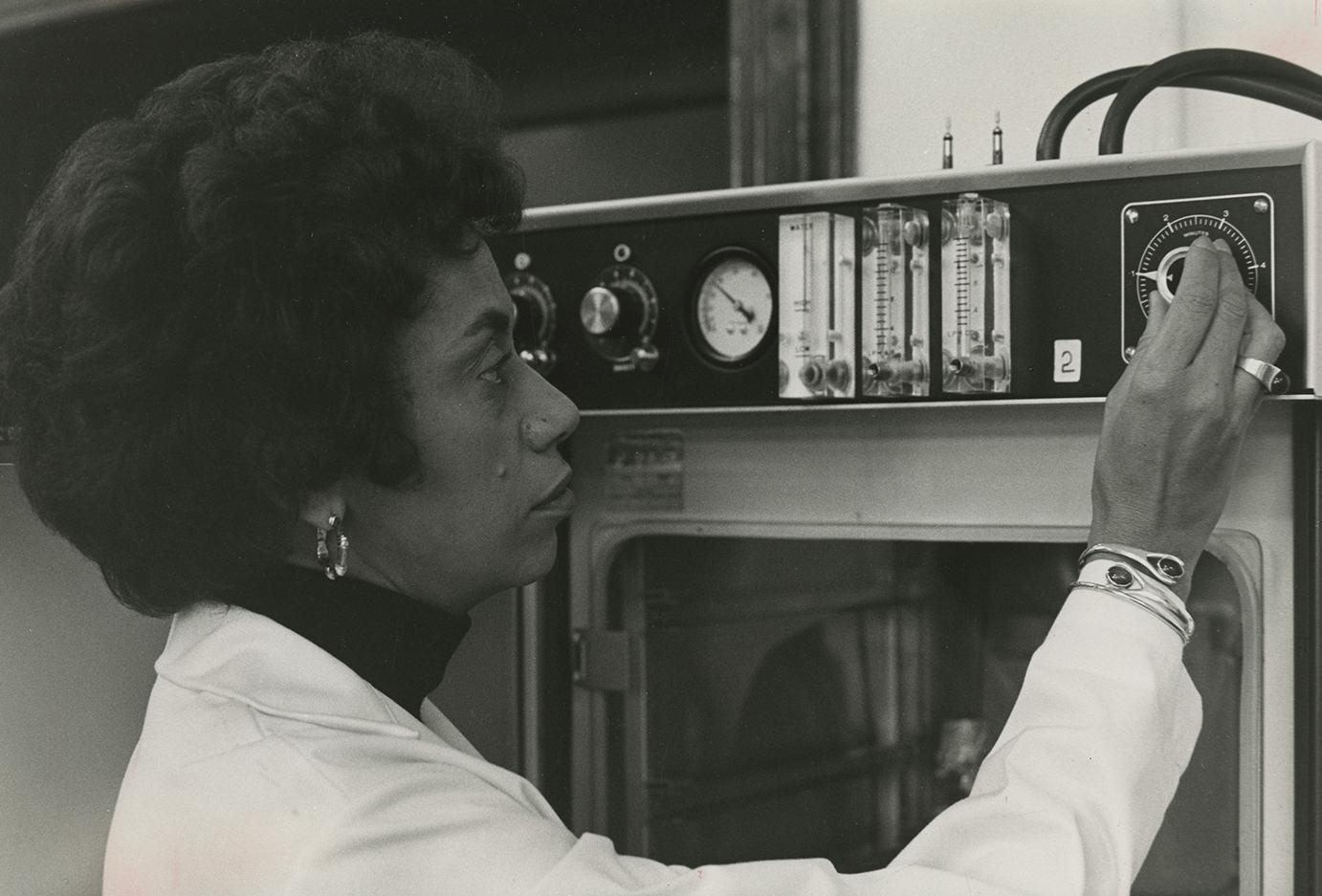The legacy of Jewel Plummer Cobb

This month is Black History Month in the United States. In honour of this, this week’s article celebrates the life and scientific discoveries of Jewel Plummer Cobb, a celebrated American scientist and professor, both for her contributions to cancer research and for her efforts to break down the many boundaries women and minorities in science face.
Cobb was born in Chicago, the granddaughter of a pharmacist who had been freed from slavery. As a teenager, she decided she wanted to study biology and was admitted to the University of Michigan. During her education there she experienced much racial segregation, including off-campus dorms for black students and white-only fraternities and sororities, causing her to choose to transfer to Talladega College, in Alabama. After obtaining her B.A. in biology she specialised in cancer research, and specifically melanoma, skin cancer.
Throughout her research career, Cobb’s work provided new insights into melanomas, and many of her scientific discoveries still inform skin cancer research to this day. For instance, she characterised the cellular morphology of human melanomas and outlined the early effects of radiation, chemotherapy, as well as hormones on melanoma growth. She became the first black woman on the National Science Board in the US in 1974.
Today, she is remembered not only as an outstanding cancer researcher, but also as an activist for making science less exclusive and more accessible to women and minority groups. In 1977, she wrote Filters for Women in Science, on the social and cultural barriers female scientists may face throughout their career. Many of her words still ring true today. Cobb passed away in 2017, at the age of 92.
Watch her Tribute Film here.
